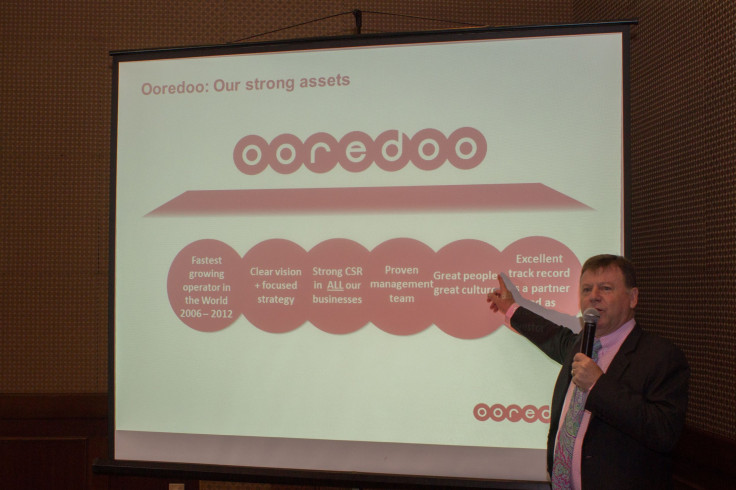Myanmar Telecom Licenses Still Not Formally Awarded To Telenor And Ooredoo

Nearly half a year after Telenor and Ooredoo won the coveted telecom tenders to operate in Myanmar, the licenses that were expected in September still have not been formally awarded.
The licenses will allow Norway’s Telenor and Qatar’s Ooredoo to operate for 15 years in Myanmar alongside state-owned Myanmar Posts and Telecommunication (MPT) and Yatanarpon Teleport (YTP). Telenor initially said it would launch its mobile network in eight months, while Ooredoo said it will issue SIM cards just six months after receiving formal licenses.
The delay in awarding formal licenses was caused by parliamentary debate over the new telecommunications law, which was finally passed in October. But now, negotiations regarding the licenses and relevant operating rules, including competition in the sector, numbering, and the arrangements around connecting calls and messages between rival companies, are slowing down the process, the Irrawaddy reported on Tuesday.
“We are in discussions with the government about the draft license, and we expect that to complete by the end of this year,” said Petter Furberg, the CEO of Telenor Myanmar, during a press conference in Rangoon on Tuesday. The delay means that services from Telenor and Ooredoo will unlikely to be available before August 2014.
Telenor announced on Tuesday that it will seek local business partners to act as distributors and franchisees once the licenses are formally granted, mainly to sell SIM cards and top-up vouchers. The Myanmar government is also soliciting partnership applications from losing bidders in the original round of license bidding to work with state-owned telecom companies, the Irrawaddy reported.
Foreign operators are expected to modernize the mobile telecom sector in Myanmar. Until recently, state-owned firms have kept SIM cards unaffordable for the impoverished majority. Both Ooredoo and Telenor are committed to investing billions of dollars to quickly roll out cheaper, more pervasive services.
“We will deliver SIM cards and all the services at every roadside stores and to villages,” said Ross Cormack, who leads Ooredoo’s expansion into Myanmar, adding that 97 percent of the country’s 60 million people will have access to Ooredoo products and services.
© Copyright IBTimes 2025. All rights reserved.


















